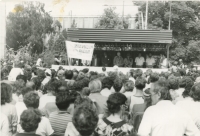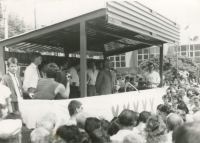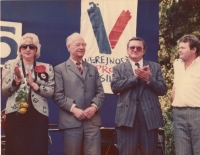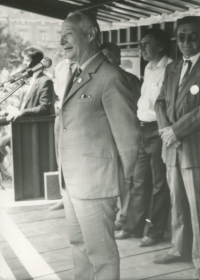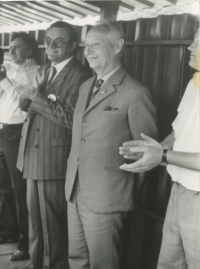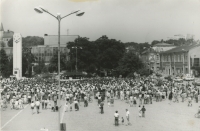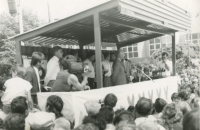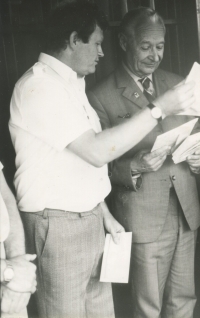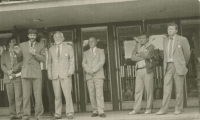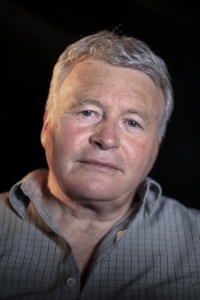Socialist regime wanted to turn my sister into my class enemy
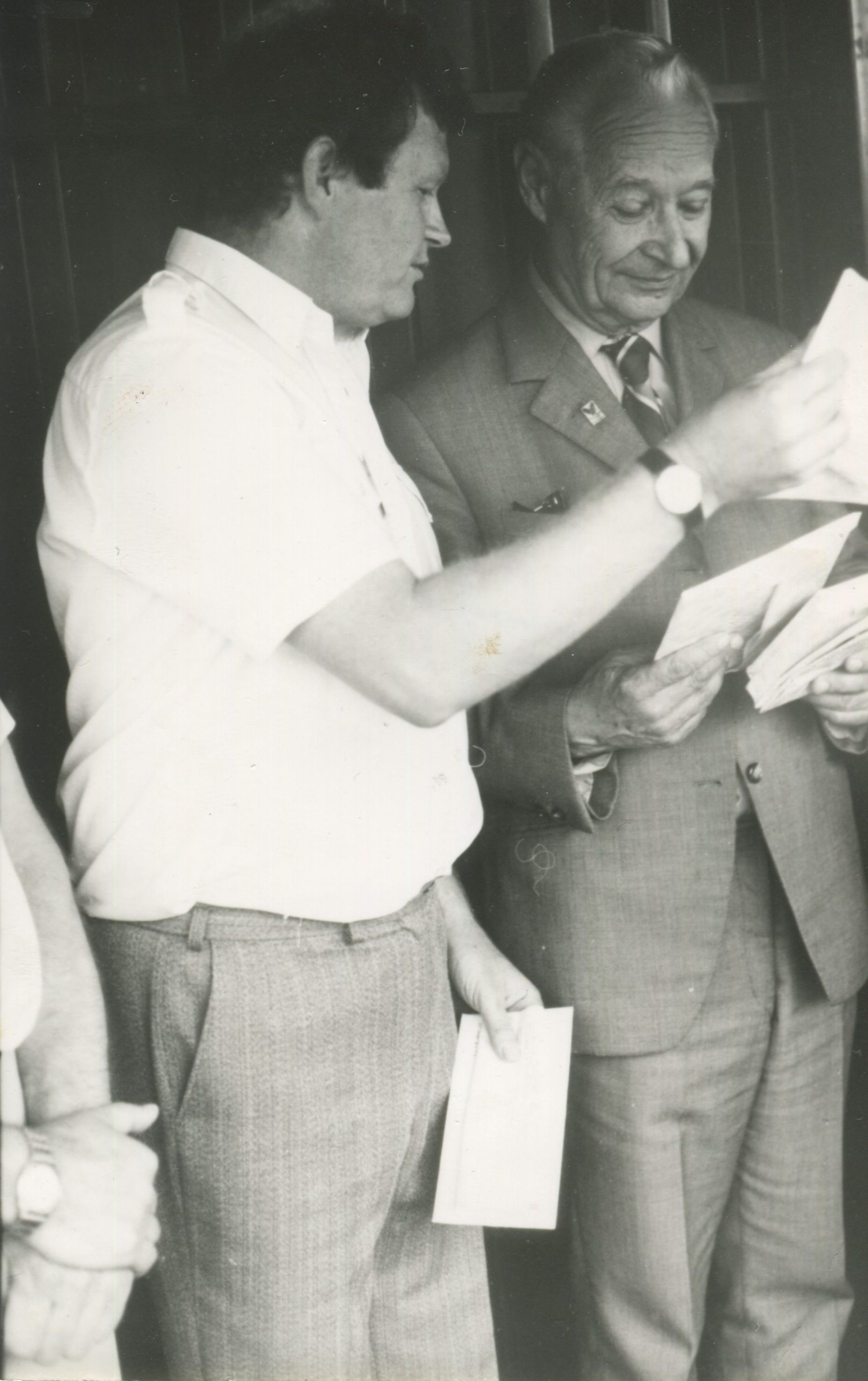
Download image
Josef Hladík was born on June 22, 1951 in Břeclav (South Moravian Region). He comes from relatively poor conditions, he has five older siblings. He studied at the secondary vocational school in the field of steel structures fitter for Klement Gottwald New Steel Works in Ostrava. He lived with his parents and siblings in Břeclav in the local part of Charvatská Nová Ves. In 1972 he married and moved to Levice, where he started a family. From 1973 to 1978 he attended the evening technical school in Levice. He changed several occupations, first he worked as a fitter, later as a foreman fitter in Levice, then as a garage foreman in the District Road Administration. Subsequently, from 1978 to 1983, he remotely attended and graduated from the Faculty of Law at Comenius University in Bratislava. Since 1978, during and after studies, he worked as an executive at the Department of Transportation at the District National Committee, ensuring the construction of a transport network at the site of Mochovce nuclear power plant. In 1984 he started working at the Mochovce power plant as the Head of Personnel and Social Development. He substantially contributed to establishing of VPN (Public Against Violence) in Levice and engaged in the Public Against Violence movement alongside his daily job. Since February 1992, he was also the Chairman of the District Council of the Civic Democratic Union (ODÚ). He left both VPN and his work in 1992 and moved back to Moravia with his family in 1993.
